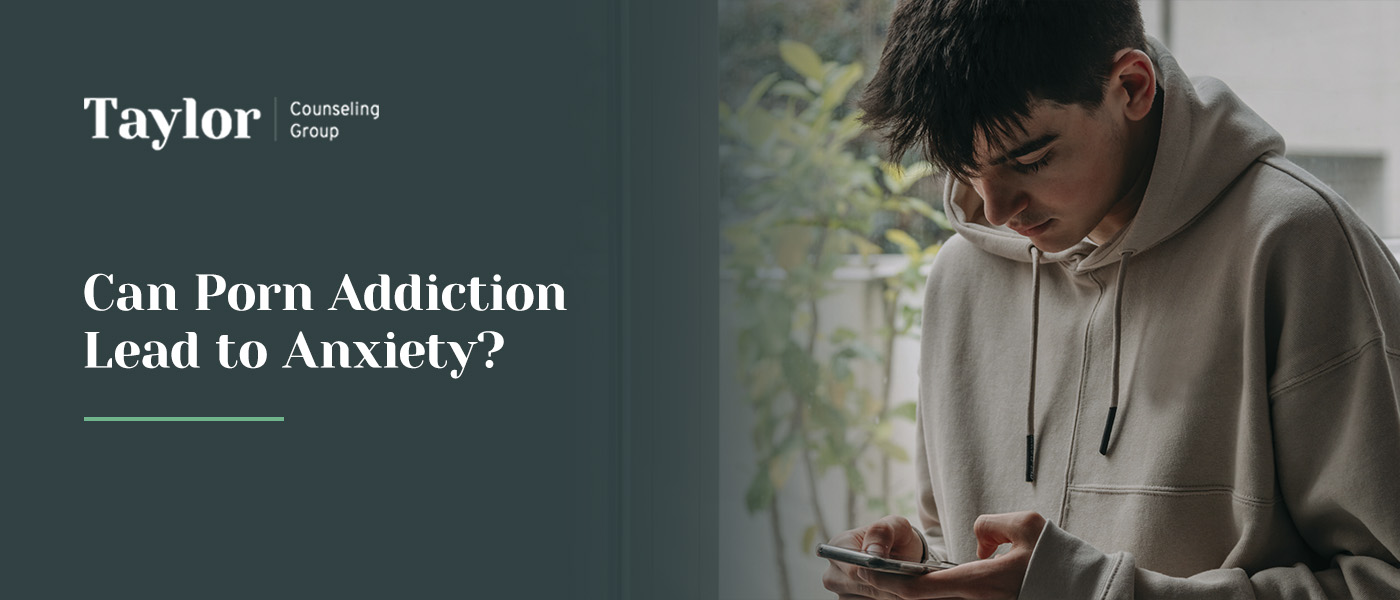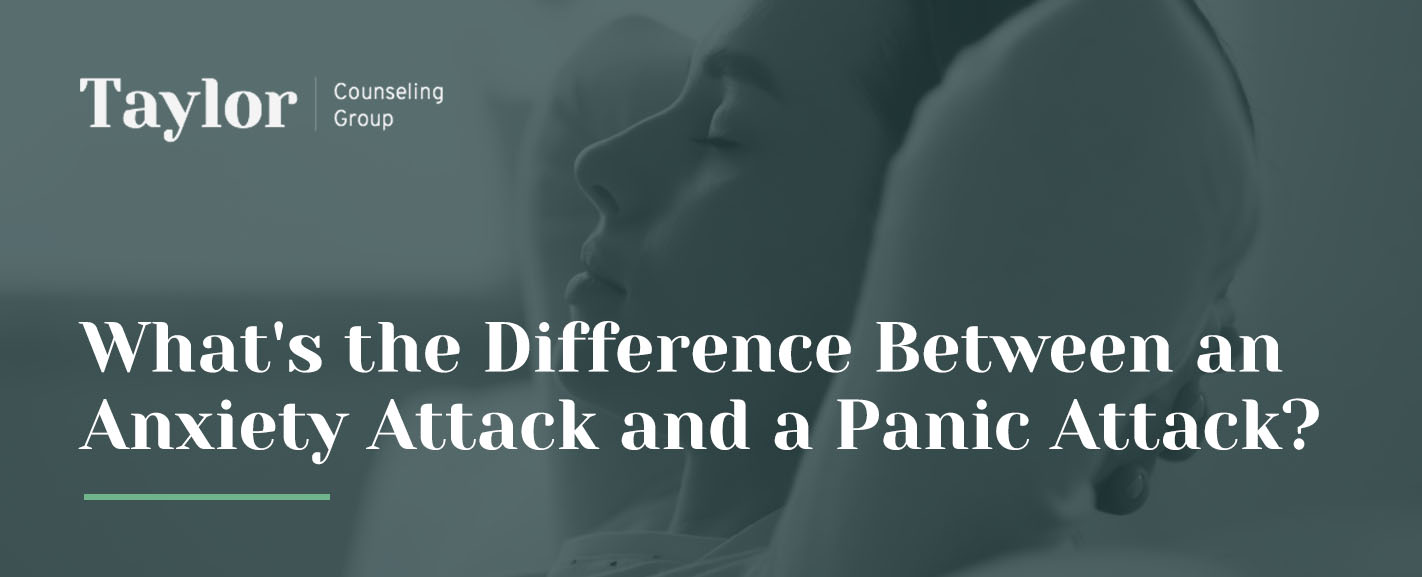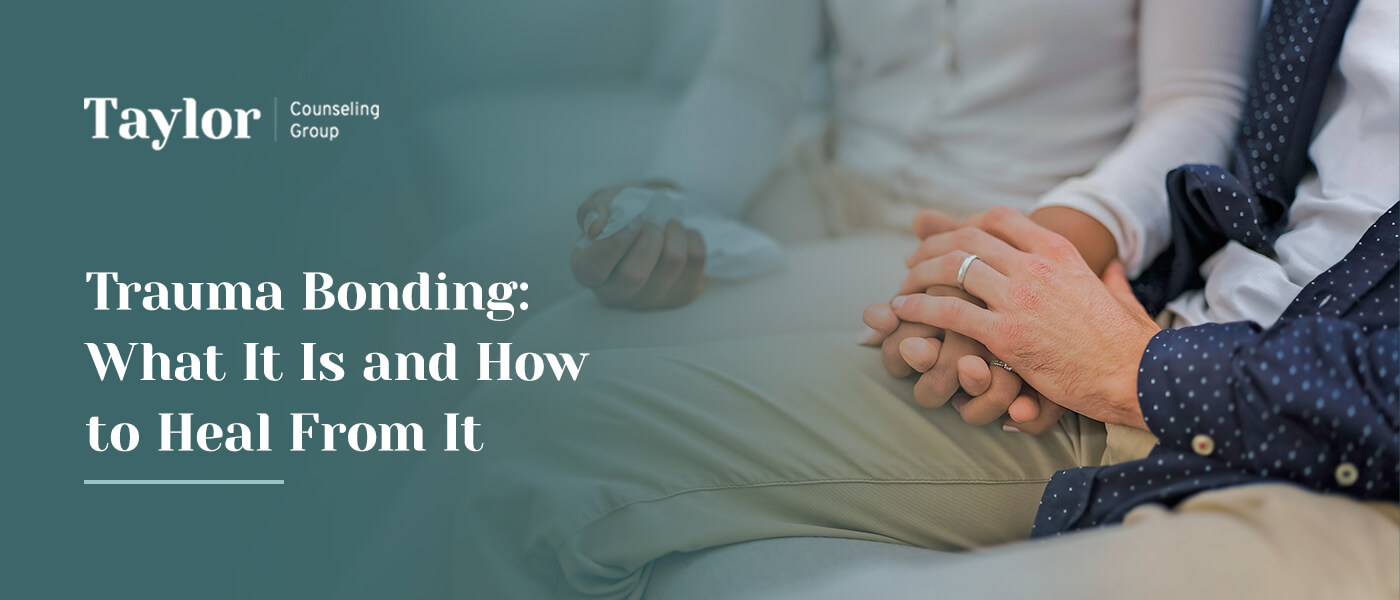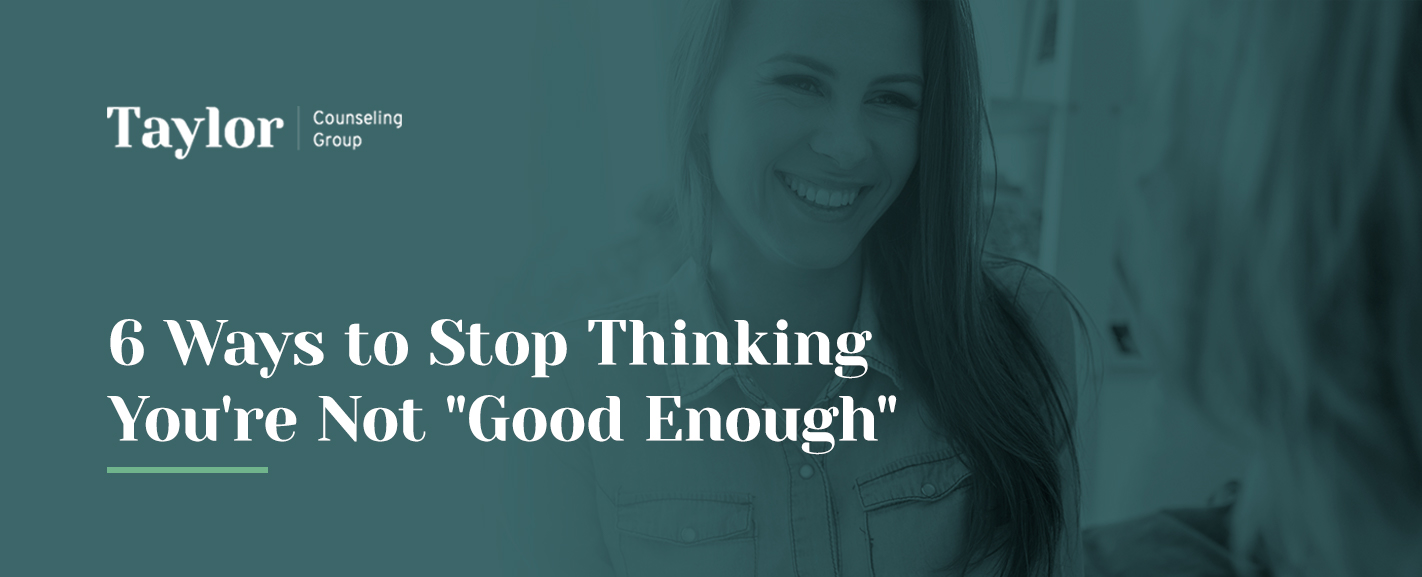Anxiety disorders are the most common mental health condition in the world, affecting approximately 1 in 3 adults. While occasional anxiety is a normal response, anxiety disorders are persistent and can interfere with your daily life. There are many well-researched causes of anxiety disorders, including genetics, abuse and stressful life events.
Researchers have also found evidence suggesting a strong relationship between pornography addiction and mental health conditions, including anxiety. As pornographic content is easily accessible and integrated into many aspects of our culture, it’s becoming clearer some people who become addicted to watching porn may also develop anxiety.
Table of Contents
- The Role of Social Anxiety in Porn Addiction
- Prevalence of Anxiety in Those Who Consume Pornography
- Effective Treatments for Co-Occurring Porn Addiction and Anxiety
- Break Free From Porn Addiction and Anxiety With Taylor Counseling Group
The Role of Social Anxiety in Porn Addiction
There are many types of anxiety disorders, including generalized anxiety, panic disorder and social anxiety disorder. Social anxiety causes intense, irrational fear and discomfort in social interactions. Individuals with this disorder experience high levels of distress, which often impairs their ability to function in their daily lives. Let’s discuss the relationship between pornography and social anxiety.
Does Pornography Cause Anxiety?
Internet pornography is associated with anxiety, insecurity and lower levels of sexual well-being. These negative feelings that come with heavy use of porn can fuel greater feelings of helplessness and psychological suffering.
It’s common for people who are addicted to pornography to feel guilty, ashamed or embarrassed once they’re self-aware of their behavior. Many users hide their behavior from other people because they fear that their addiction will be discovered. This tends to create a vicious cycle of anxiety as the individual prioritizes watching porn over going out in public and socializing with others.
Eventually, they may even develop a fear of interacting with peers or dating. A person who was once a social butterfly will now avoid going to social gatherings as their porn habit makes them feel socially isolated or self-conscious.
Likewise, the fear of their partner or loved ones finding out about their porn habit can increase their anxiety, causing them to keep returning to porn use. Having a porn addiction likely means that an individual is spending most of their day watching pornographic content or thinking about sexual activities.
This can reduce their motivation to engage in everyday life. They may engage less in their responsibilities, including work and school. As their dependency becomes a full-blown addiction, they may seek higher quantities of pornography-related materials, such as subscriptions, which can lead to financial anxiety or strain. All of these factors can fuel a spiral of anxiety and mental distress as they lose control.
Can Anxiety Lead to a Pornography Addiction?
For some people with anxiety or social anxiety disorder, watching pornography may provide a sense of relief from negative or uncomfortable feelings. They might watch porn as a way to escape their reality or dull their senses, as some people do with drugs and alcohol.
Some individuals may feel that watching porn helps reduce their fears, concerns and worries, making it easier for them to approach social situations. Unfortunately, this can lead to addiction and long-term consequences as social anxiety drives their compulsion to watch porn. The individual may then use porn as a way to self-medicate or self-soothe to help them cope with their anxiety.
While anxiety is not the sole contributor to porn addiction, it can certainly be a risk factor for those who struggle to form healthy relationships and fulfill their sexual needs.
Psychological Risk Factors That May Contribute to Anxiety and Porn Addiction
Having a porn addiction can be uncomfortable to talk about. If you or someone you love struggles with a porn addiction, know that it doesn’t make you a bad person. As with any mental health condition or behavioral addiction, many risk factors can help you identify the root of your compulsive sexual behavior, including:
- A need to escape psychological distress.
- Unrealistic views of sex and intimacy.
- Relationship problems.
- Stress relief.
- Co-occurring mental health conditions.
- A brain chemistry imbalance, such as high serotonin, dopamine and norepinephrine levels.
- Drug or alcohol use.
- History of sexual or physical abuse.
- Failure to achieve sexual satisfaction.
Prevalence of Anxiety in Those Who Consume Pornography
Anxiety and stress have both been linked to addiction, including behavioral addictions. A study on this topic found a highly significant association between anxiety and problematic pornography use. In another study, over 20% of students who consumed pornography compulsively reported severe or extremely severe symptoms of anxiety.
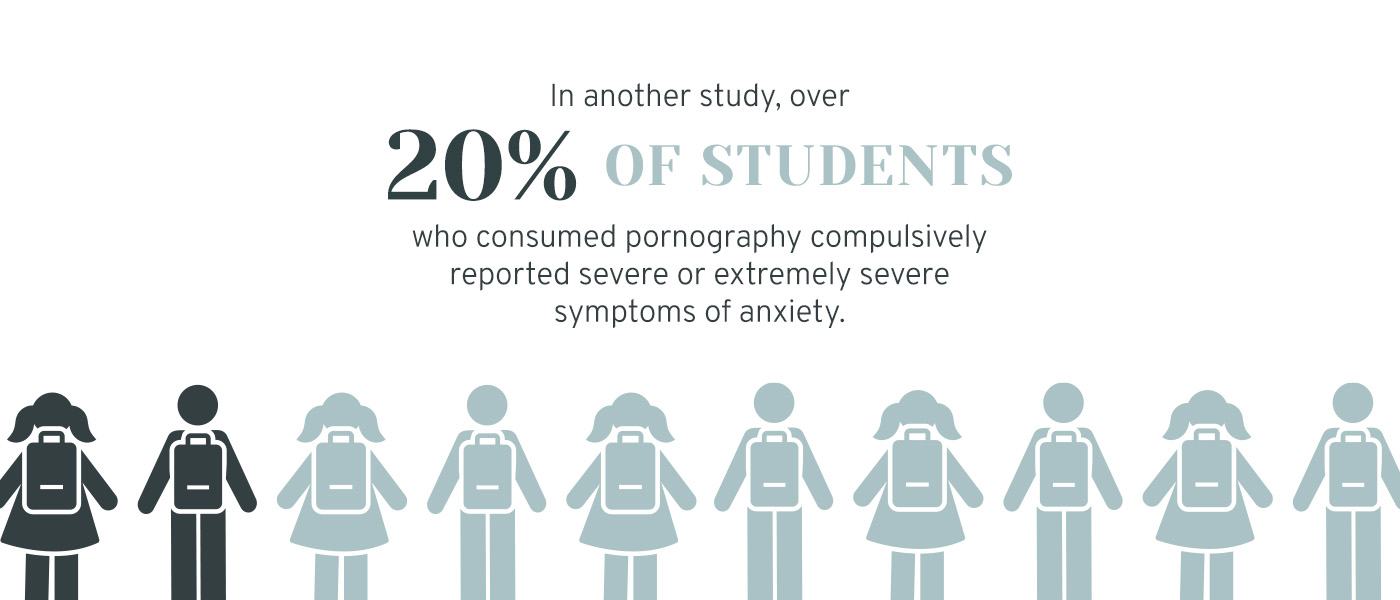
Research on the profiles of pornography use revealed that women who consumed porn displayed much higher rates of anxiety than men. This analysis also included a study on pornography use among young adults, which discovered that those with higher levels of anxiety increased their consumption of porn during the COVID-19 pandemic.
Those with a porn addiction may also develop social anxiety due to constant viewing of explicit content that distorts their view of reality. As a result, the real world often becomes uncomfortable and unappealing, causing individuals to further isolate and rely on addictive behaviors like porn to self-soothe.
Effective Treatments for Co-Occurring Porn Addiction and Anxiety
Anxiety and porn can damage your mental well-being. Whether your anxiety is caused by or worsened by porn, there are supportive treatment options to help you get a handle on your addiction. Seeking porn addiction treatment will enable you to leave the shame, guilt and anxiety behind as you focus on building a healthy relationship with sex and intimacy.
The primary type of treatment for pornography addiction is psychotherapy — or talk therapy. This form of counseling enables you to identify and address the problem areas in your life and how to overcome them. Therapy can also help you learn to accept your thoughts and urges while mitigating negative coping behaviors.
With the support and guidance of a compassionate mental health professional, you may engage in various interventions like cognitive behavioral therapy (CBT) or acceptance and commitment therapy (ACT). Using evidence-based treatment methods, you and your therapist will establish goals to build your self-esteem and heal from the impact of porn addiction and anxiety.
Break Free From Porn Addiction and Anxiety With Taylor Counseling Group

It can be uncomfortable to ask for help for porn addiction, which can cause many people to hide their behavior and fail to seek the care they need. Whether your anxiety is the cause or result of your pornography addiction, know that you can overcome it. Taylor Counseling Group offers nonjudgmental, reliable and supportive mental health services for sex and porn addiction and many other counseling specialties.
Our sex and porn addiction therapists will address how pornography and anxiety have taken hold of your life and help you heal your relationship with sex. We offer effective, evidence-based treatment methods to help you challenge negative thoughts and empower you to rebuild a fulfilling life. We invite you to schedule an appointment with us online to move toward a more positive mindset.


